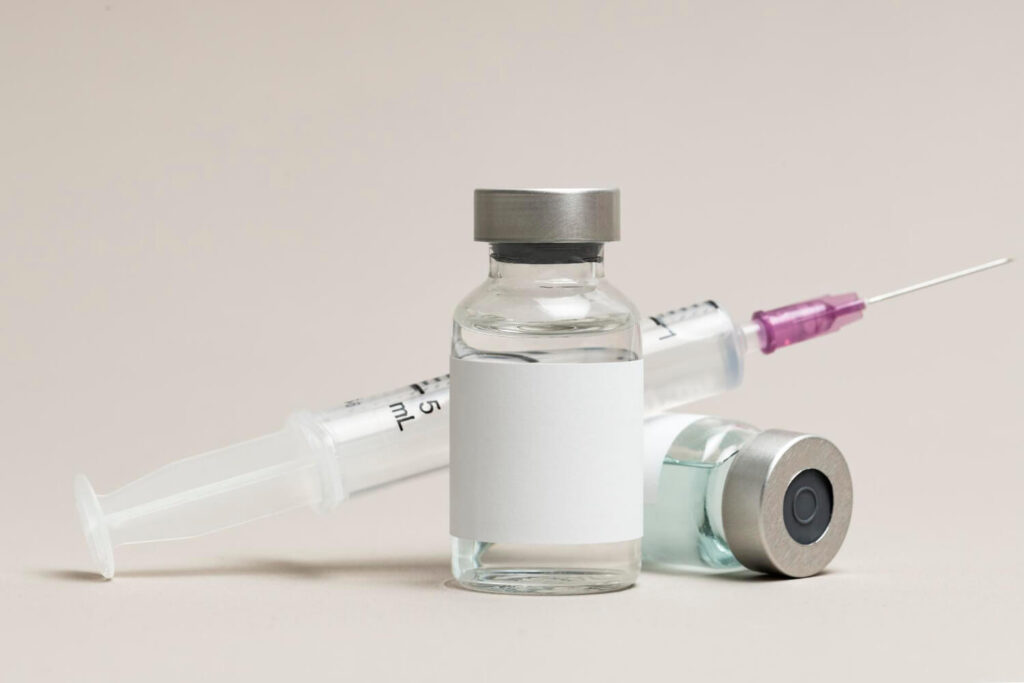When it comes to compromised immune systems, one of the possible known causes is hepatitis b virus (HBV). HBV is a virus that can be transmitted through actions that may involve body fluids. The complicated thing is, most individuals don’t know they have the virus, which is why transmission occurs. That’s why it is important to be vigilant and stop the spread by identifying effective hepatitis b treatment options.
Currently, the medical experts are implementing several treatment methods that can alleviate the effect of this condition. That’s because an untreated hepatitis b can compromise liver health. Thus, it can result in various liver diseases such as liver cancer, cirrhosis, and even liver failure.
Whether you have HBV or you suspect the occurrence of hepatitis b symptoms, it is important to immediately address the condition to avoid the mentioned health consequences. In this blog we’ll provide a list of treatment options for hepatitis b. Discover which suits your condition better and recover from the condition. Let’s begin!
How Hepatitis B Affects the Liver

As mentioned, hepatitis b is a condition that can compromise liver health. When a person is diagnosed with hepatitis b virus, it targets liver cells and replicates, causing inflammation and damage to the liver tissue. Over time, this can result in chronic hepatitis B, a condition characterized by persistent liver inflammation.
Chronic hepatitis B can lead to the development of liver cancer, also known as hepatocellular carcinoma (HCC). It occurs due to the long-term inflammation and scarring, which promotes the growth of cancerous cells in the liver. Thus, showing why hepatitis B infection is one of the leading causes of liver cancer worldwide.
At the same time, chronic HBV infection can progress to liver failure, a condition where the liver is severely damaged and can no longer function properly. This can lead to a wide range of symptoms, including jaundice, abdominal pain, fluid retention, and confusion. Liver failure is a life-threatening condition and may require a liver transplantation for survival.
Commonly Used Hepatitis B Treatment Options
When it comes to treating the viral hepatitis B, several options are available to manage the chronic infection and prevent complications. The choice of treatment depends on various risk factors, including the stage of the disease, the level of liver damage, and the individual’s overall health.
Take note that viral hepatitis needs early intervention to prevent liver damage. It’s best to visit a healthcare provider to identify the best treatment plan to address your condition.
Here are some of the possible treatment options that the doctor can recommend. Let’s discuss them each below!

Antibiotics for Hepatitis B
Antibiotics are commonly used to manage acute hepatitis B. While antibiotics do not directly target the hepatitis B virus, they can help manage symptoms and prevent secondary bacterial infections. In acute hepatitis cases, the body’s immune system is often able to clear the virus on its own, but antibiotics can be prescribed to alleviate symptoms such as fever, nausea, and abdominal pain.
While antibiotics can be effective in managing symptoms of acute hepatitis B, their use in chronic hepatitis B is limited. Chronic hepatitis B requires long-term management to suppress the virus and prevent complications. Antibiotics alone are not sufficient to achieve these goals.
As with any medication, antibiotics may have side effects. Common side effects include gastrointestinal disturbances, allergic reactions, and changes in the composition of gut bacteria. It is crucial to follow the prescribed dosage and consult a healthcare professional if any side effects occur.
Immune Modulator Drugs for Hepatitis B
Meanwhile, if antibiotics are used for acute hepatitis b, this hepatitis b treatment is then used for chronic hbv infection. Immune modulator drugs are a class of medications that help regulate the immune system’s response to the hepatitis B virus. These drugs work by boosting the body’s immune response, which can help control viral replication and reduce liver inflammation.
One example of an immune modulator drug used in hepatitis B treatment is interferon-alpha. It is administered as a subcutaneous injection and is usually given over a period of six months to one year. In some cases, hepatitis B immune globulin (HBIG) may be used as part of the hepatitis b treatment regimen. HBIG is a concentrated solution of antibodies that can provide immediate protection. It is typically administered intramuscularly or intravenously.
In short, these drugs aim to reduce viral load, liver inflammation, which are vital to combat chronic hepatitis b. Your healthcare provider will determine the most suitable option based on your condition and medical history.
Lifestyle and Home Remedies
On the other hand, hepatitis doctors can also recommend lifestyle changes to help with combating hepatitis b. This type of hepatitis b treatment usually involves home remedies that can help manage the condition better.

Discover how changes in lifestyle can alleviate the risk factors of this condition. Here are some lifestyle and home remedies to consider:
- Maintain a healthy diet: Eating a balanced diet that includes fruits, vegetables, whole grains, lean proteins, and healthy fats can support liver health and overall well-being.
- Avoid alcohol and tobacco: Alcohol and tobacco can worsen liver damage and increase the risk of complications. It’s important to avoid or limit alcohol consumption and quit smoking.
- Practice safe sex: Hepatitis B can be transmitted through sexual contact. Using barrier methods, such as condoms, can reduce the risk of transmission.
- Practice good hygiene: Proper handwashing and avoiding sharing personal items, such as toothbrushes or razors, can help prevent the spread of hepatitis B.
- Manage stress: Stress can impact the immune system and overall health. Engaging in stress-reducing activities, such as exercise, meditation, or therapy, can be beneficial.
These are just some of the effective forms of remedies that people can utilize. Although, it’s important to note that lifestyle changes and home remedies should not replace medical treatment. It can only complement in supporting liver health and overall well-being.
Vaccination for Hepatitis B Prevention

Now, when it comes to hepatitis b treatment, there’s an option reserved for prevention, which is hepatitis b immunization. Vaccination is highly effective in preventing the virus and its complications. It is recommended for all infants and children, as well as adults in high-risk groups.
With the high risk of possibly developing hepatitis b, it is best to have an option that can secure one’s health. Fortunately, hepatitis b vaccines can offer that, which is why it is ideal to schedule a session as early as possible.
In terms of the vaccination, there is a recommended schedule and dosages. Here is a general guideline for hepatitis B vaccination:
1st Dosage – 0-2 months old
2nd Dose – 1-2 months old
3rd Dose – 6-18 months old
These guidelines may vary depending on the specific vaccine and local recommendations. It’s essential to consult with a healthcare provider to determine the appropriate vaccination schedule for each individual.
Frequently Asked Questions
Can hepatitis B be cured completely?
While there is currently no cure for hepatitis B, the disease can be effectively managed with treatment. The goal of hepatitis b treatment is to suppress the virus and reduce the risk of complications such as cirrhosis and liver cancer. In some cases, a liver transplant may be necessary for individuals with severe liver damage. However, it’s important to note that not all individuals with chronic hepatitis B infection require treatment. Regular monitoring and follow-up with a healthcare provider are crucial to determine the appropriate course of action.
How often should I get vaccinated for hepatitis B?
The hepatitis B vaccine is an essential preventive measure against the virus. The vaccine is often administered at birth as part of the standard immunization schedule. It is also recommended for individuals in high-risk groups, including pregnant women, healthcare workers, and individuals with chronic liver disease. In that case, it is best to consult a doctor to know the appropriate schedule for the immunization, especially the frequency needed.
Conclusion
While there are various forms of hepatitis b treatment, it is still important to meet with a doctor for a complete analysis of your condition. Doing so will help secure the suitable treatment plan that best suits your current condition. At the same time, it can help prevent liver complications as hepatitis b is a known cause of countless liver illnesses.
Book an online consultation with a hepatologist today. Discover the suitable hepatitis b treatment and fight off the infection from HBV.



